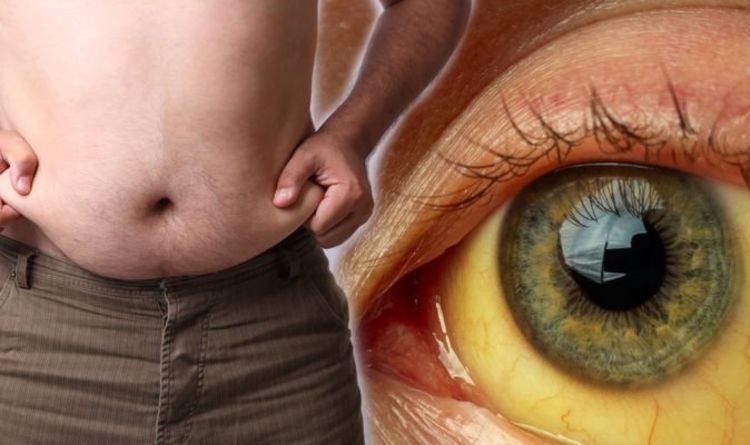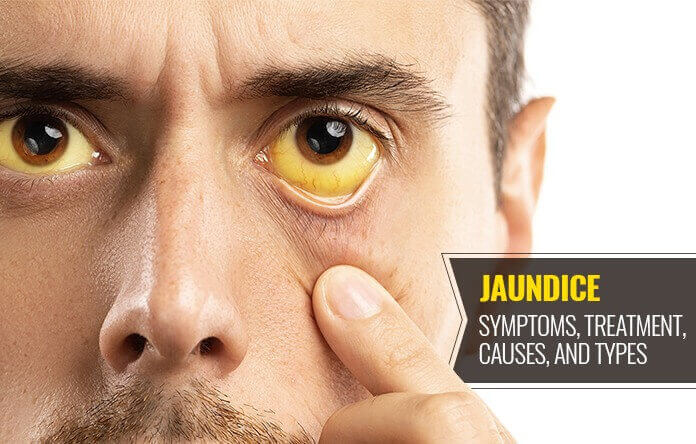
Jaundice eyes can be a real problem for the baby. These symptoms can also happen in other people but it is more common to see them in babies.
There are many different causes of jaundice and there is no way to know for sure that your baby has this problem unless you do a thorough home test. It will cost money though so it may not be worth your while.
Jaundice eyes in babies is caused by a build up of bilirubin crystals in the blood. There are also protein crystals in the fluid that can cause the jaundice to occur. The crystals get larger and eventually cause jaundice in adults.
One of the most common causes of this problem is kidney disease or jaundice. This could be caused by a lack of bile in your diet or a medical condition. If you have kidney problems and jaundice in your child's eyes, talk to your pediatrician.
Oftentimes, this condition can occur due to liver problems. If your liver is not working as it should and you still have jaundice of the eyes, your doctor may diagnose a liver problem. They usually prescribe medications to treat liver problems so you can control the jaundice in your eyes.
There is also a chance your baby will develop jaundice due to breastfeeding. In this case, your baby's colostrum is the fluid produced by breast milk that helps the baby to digest food. If this fluid is not in your child's body or is too diluted, he or she may develop jaundice of the eyes.
If your child is allergic to an allergen such as chickenpox or pollen, they may have an increased risk of developing eye jaundice. Make sure your child's immune system is healthy before introducing anything new to their diet.
You can also take your child to the doctor if they still have jaundice after a few weeks.
Sometimes bacteria can build up again when he is bottle fed and this problem comes back with a vengeance

Sometimes your baby's colostrum may leak out of the bottle and be swallowed. As a result, the child may have a fever. In this case, the child needs to go to the hospital.
If you suspect your child may have this problem, check with him the first time. You will need to have a blood test to see if he has eye jaundice. or if the child is allergic to anything.
Another way to diagnose the problem is by checking your baby's weight. and feeding rate. If the baby is gaining weight, he or she may not have jaundice eyes. If the baby is losing weight and gaining, he or she may need to have his or her blood tested.
If your baby is losing weight but still has jaundice eyes, then it could be that there may be a problem with the mother's diet. If this is the case, then your pediatrician will have your baby checked by a nutritionist to find out what kind of formula they are on.
You may find that certain medications can cause jaundice eyes in children. Talk to your pediatrician about this and he or she can recommend a change of medication that can help.
If your baby has jaundice eyes, you will need to keep the symptoms in check so that the problem does not worsen. Jaundice eyes can go away on its own in a short amount of time, but it can also be treated with antibiotics if the jaundice eyes are severe.
Also, you will need to make sure your baby is sleeping well. A lack of proper sleep can make it worse and cause your baby to be tired.
Remember that your baby's health is very important and you cannot just take it for granted. Always remember to check with your baby's pediatrician before trying any new dietary supplement or change of his or her diet to see how he or she is feeling.